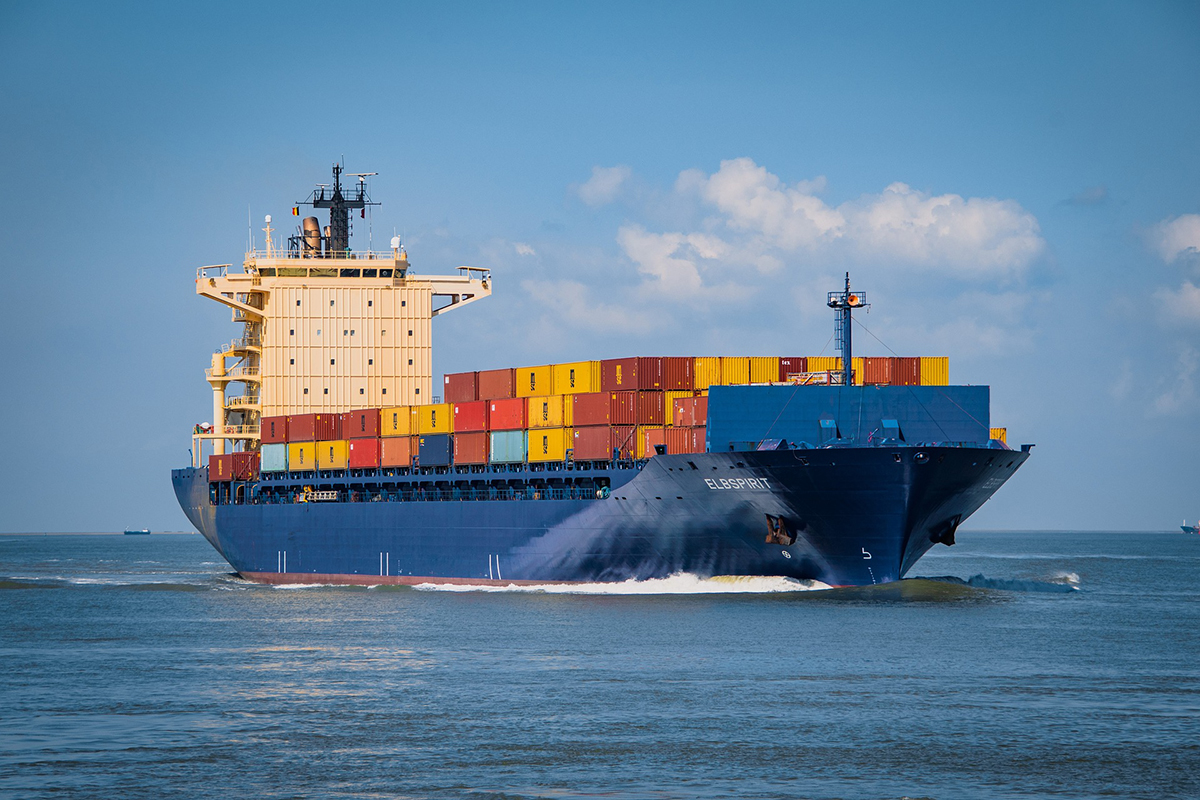Recent developments have highlighted a significant escalation in the Red Sea’s security landscape. The Yemen-based Houthi militants, known for their drone and missile attacks, have become a substantial threat to one of the world’s busiest maritime trade passages. The Red Sea and Suez Canal, through which approximately 10% of global trade transits, are now in the crosshairs of these attacks. This article delves into the complexities of this escalating situation, the Houthi’s motivations, and the international response to secure these critical trade routes.
The Houthi Assault and Global Response
The U.S. Central Command’s interception of “14 unmanned aerial systems” signifies the intensity of the threat posed by the Houthis. Major shipping companies like BP, Maersk, and MSC have paused their Red Sea transits, rerouting ships around Africa—a move adds significant time to voyages and disrupts global trade flows. The Pentagon announced a maritime security coalition with allies to stabilize the region, aiming to shield the $80 billion in cargo diverted from the Red Sea.
Ryan Bohl, a senior Middle East and North Africa analyst at Rane expressed skepticism about the efficacy of this naval task force. He stated, “A dedicated naval task force will be able to intercept drone and missile attacks and prevent boarding operations more effectively, but the task force won’t be able to be everywhere all at once.”
The Houthis: Identity and Intentions
The Houthis, a Shiite Zaydi Muslim group, have long opposed the Yemeni government. Their political and military strength, boosted by Iranian support, has grown significantly, leading them to control vital Yemeni regions, including the Red Sea port of Hodeida. Their attacks on cargo ships, particularly those linked to Israel, are in retaliation to the Gaza war, which has seen extensive casualties and humanitarian crises. Mohammed al-Bukaiti, a senior Houthi official, emphasized their resolve, stating, “Even if America succeeds in mobilizing the entire world, our military operations will not stop unless the genocide crimes in Gaza stop and allow food, medicine, and fuel to enter its besieged population, no matter the sacrifices it costs us.”
The Road Ahead
The U.S.-led naval coalition faces logistics and defence capabilities challenges and prevents potential regional escalations. Maritime security expert Corey Ranslem predicts continued threats to shipping as long as the Gaza conflict persists, stressing the potential economic impacts on global trade and specifically on Israel’s economy. Torbjorn Soltvedt, a principal MENA analyst, encapsulates the Houthi strategy: “They only need to cause enough disruption to make maritime insurance premiums prohibitive or compel most shipping liners to suspend activities there.”
The Houthi insurgency in Yemen has transcended domestic borders, significantly impacting global trade dynamics. While the U.S.-led coalition represents a concerted effort to mitigate these threats, the complexity of the situation, intertwined with regional geopolitics and economic ramifications, suggests that a swift resolution may be possible. The international community must navigate this delicate situation, balancing security needs to avoid further escalation.







